Dedicated exercise classes for people with Parkinson’s are helping them get stronger and more confident in Aberdeen.
The weekly sessions have been run by Sport Aberdeen for the last two years and are so popular they have a packed waiting list.
They initially began virtually during the Covid lockdown period in early 2021, but now take place in person at Get Active @ Alex Collie in Bridge of Don.
Even from the outset, sport chiefs say participants were reporting hugely positive results – and they have no intention of slowing down.
How do the classes help?
Bill Loxton received special training to run the sessions after Sport Aberdeen was approached by Parkinson’s UK about the idea.
“Every class starts with a warm-up then we do a mixture of strength and balance exercises,” he explained.
“There’s evidence that these are particularly beneficial for people with Parkinson’s, but the most important thing is that it’s enjoyable.
“I love my class, they’re absolutely brilliant – they all know and support each other.”
The classes are tailored to the people taking part, with an emphasis on improving their strength, balance and overall fitness.
This is crucial for people with Parkinson’s disease, as it can often leave people feeling stiff or slow, and with tremors on certain parts of their body.
“Balance is something we take for granted,” Bill said.
“But I’ve spoken to someone who wouldn’t even come out of their house as they were frightened they’d fall.
“If you fall and seriously hurt yourself, the majority of people don’t fully recover from that.
“These classes can alleviate some of the symptoms.”
Classes are boosting confidence
Andrinne Craig, Sport Aberdeen‘s healthy communities manager said the classes don’t just provide a physical boost.
“They do a lot for your confidence as well, as feeling unsteady will limit what people choose to do in their life,” she said.
“Exercise is part of the medication and it’s something people feel they can control themselves.
“They can go out there and do these exercises and participate.
“Even in our pilot, around 80% of people felt an improvement in their balance and reduced muscle stiffness – and an improved mood came through too.”
Classes make ‘a huge difference’ for participants
Every week, Bill usually leads a class of between eight and 10 participants.
Neil Smith was diagnosed with the disease seven years ago and heard about the sessions during a different fitness class in Peterculter.
He explained: “I thought I could do with some extra exercise and something more adapted to my condition.”
He’s been a regular since the end of last year and, when he can’t attend, he often finds himself “slowing down” with an affected mood as well.
“If you don’t have the class, it really makes a difference,” he added.
“And it’s social as well as physical.
“Going by the faces I see every week I’m the newcomer, but I’ve been made very welcome.”
Neil’s also often joined by Maureen Campbell, who has been living with an internal tremor caused by Parkinson’s for a decade.
“You’re mixing with people who understand where you’re coming from,” she said.
“We don’t make a big deal of it, you just get on with it.
“If you need to sit down, you sit down and if you need to stop, you stop.
“Bill is very aware of what our needs are and is very well-versed in the condition.
“It’s very positive to come here and I find exercise makes a huge difference to me.”
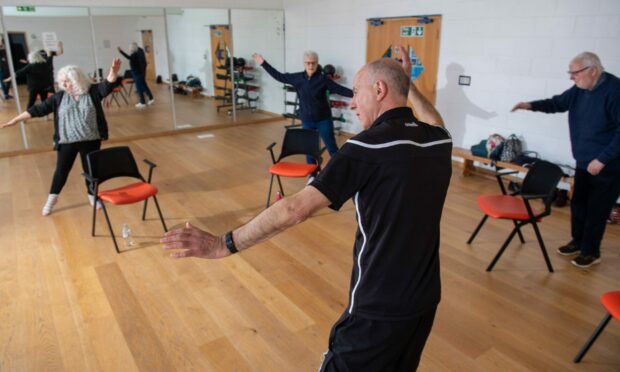
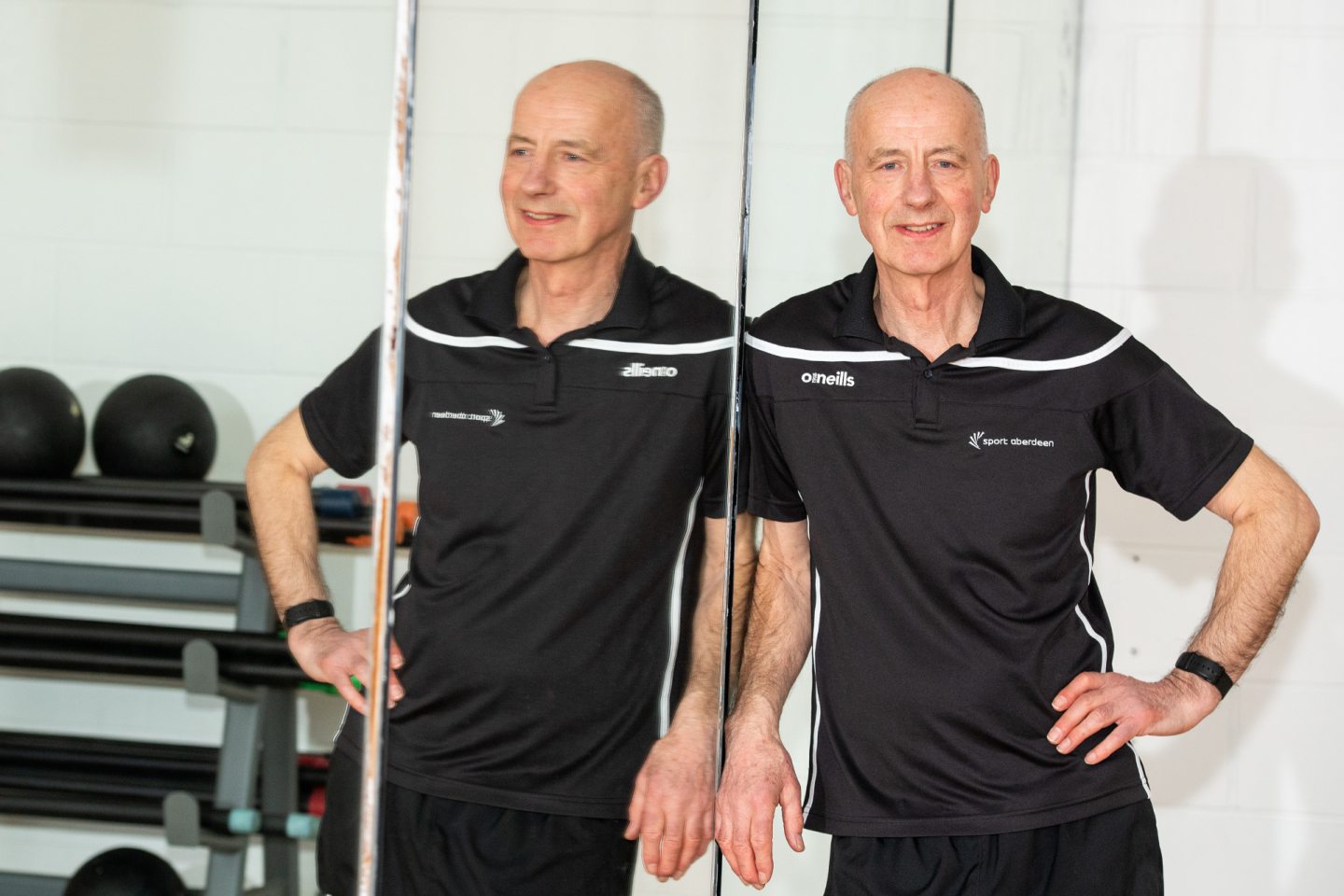
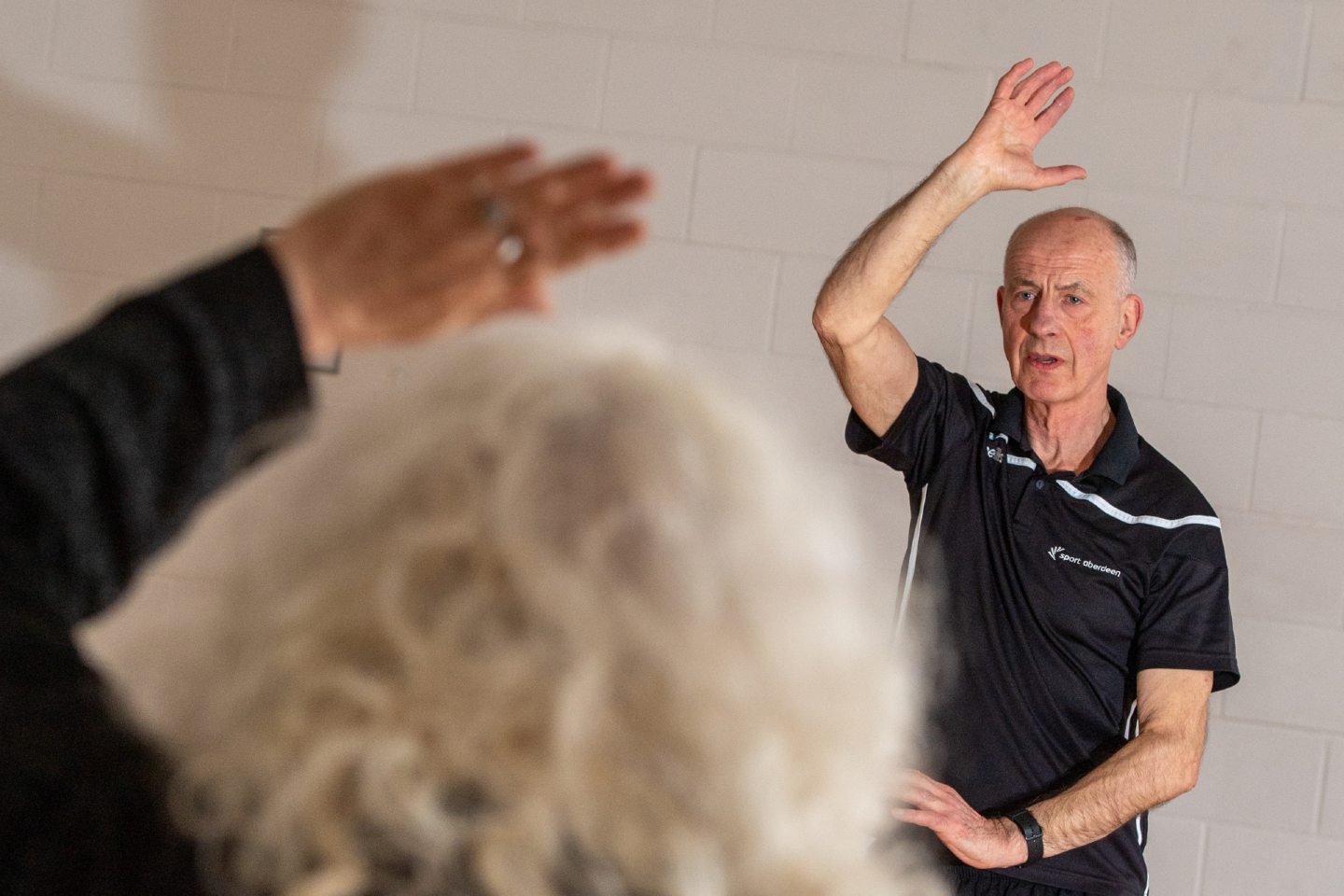
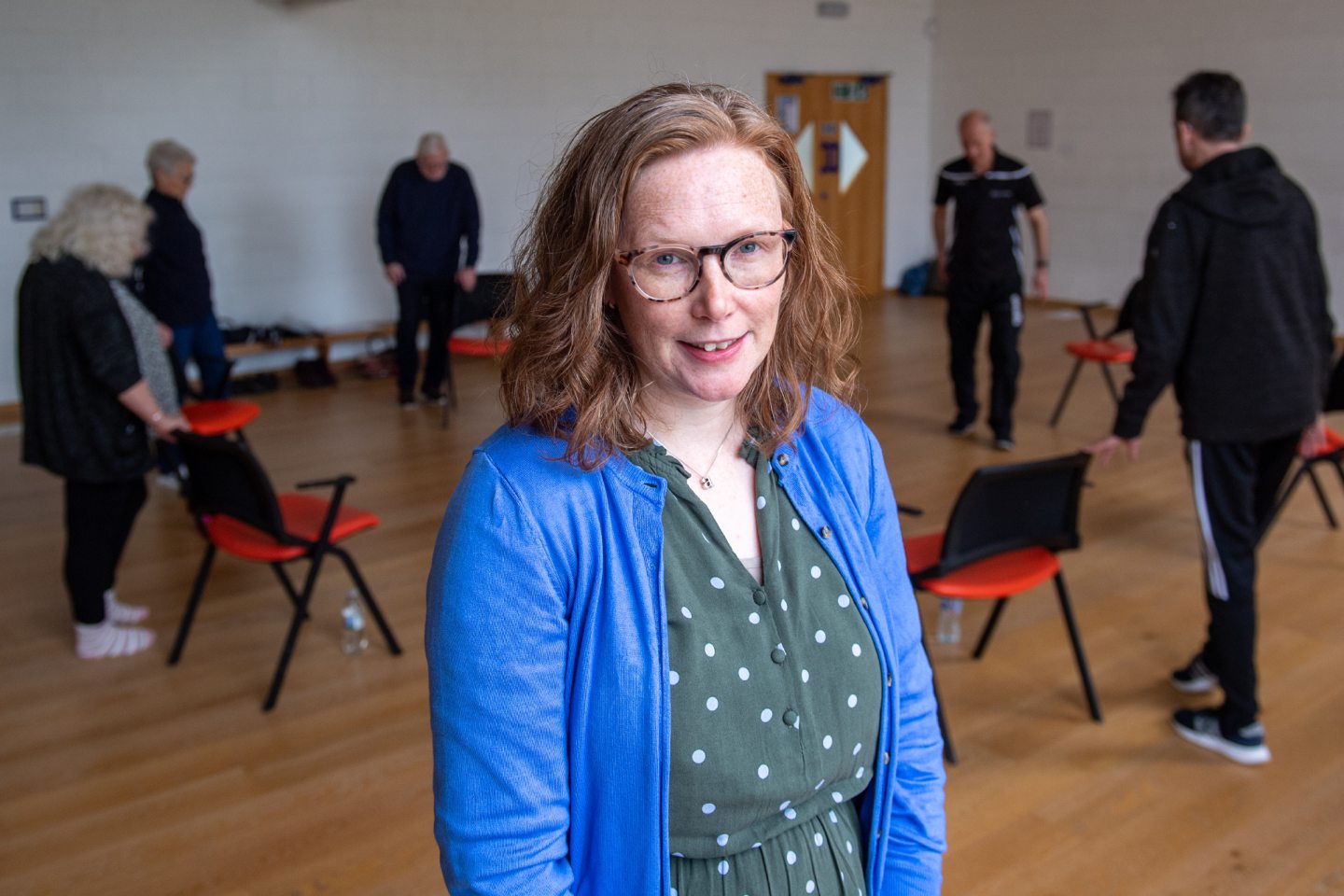
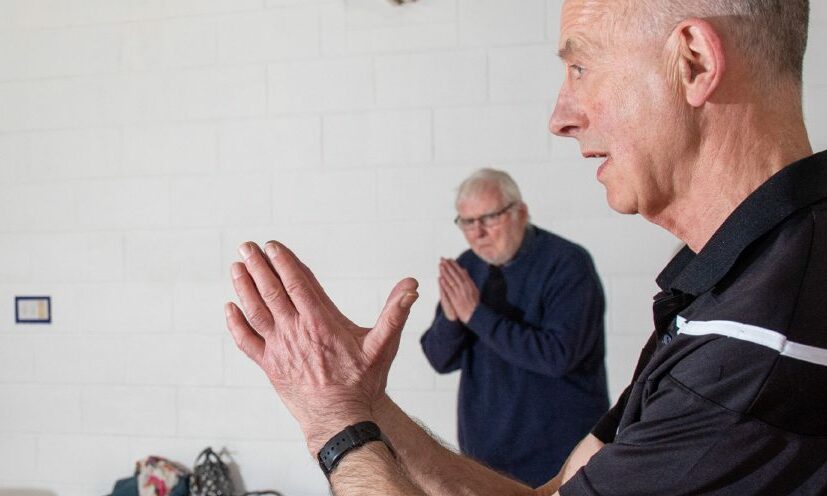
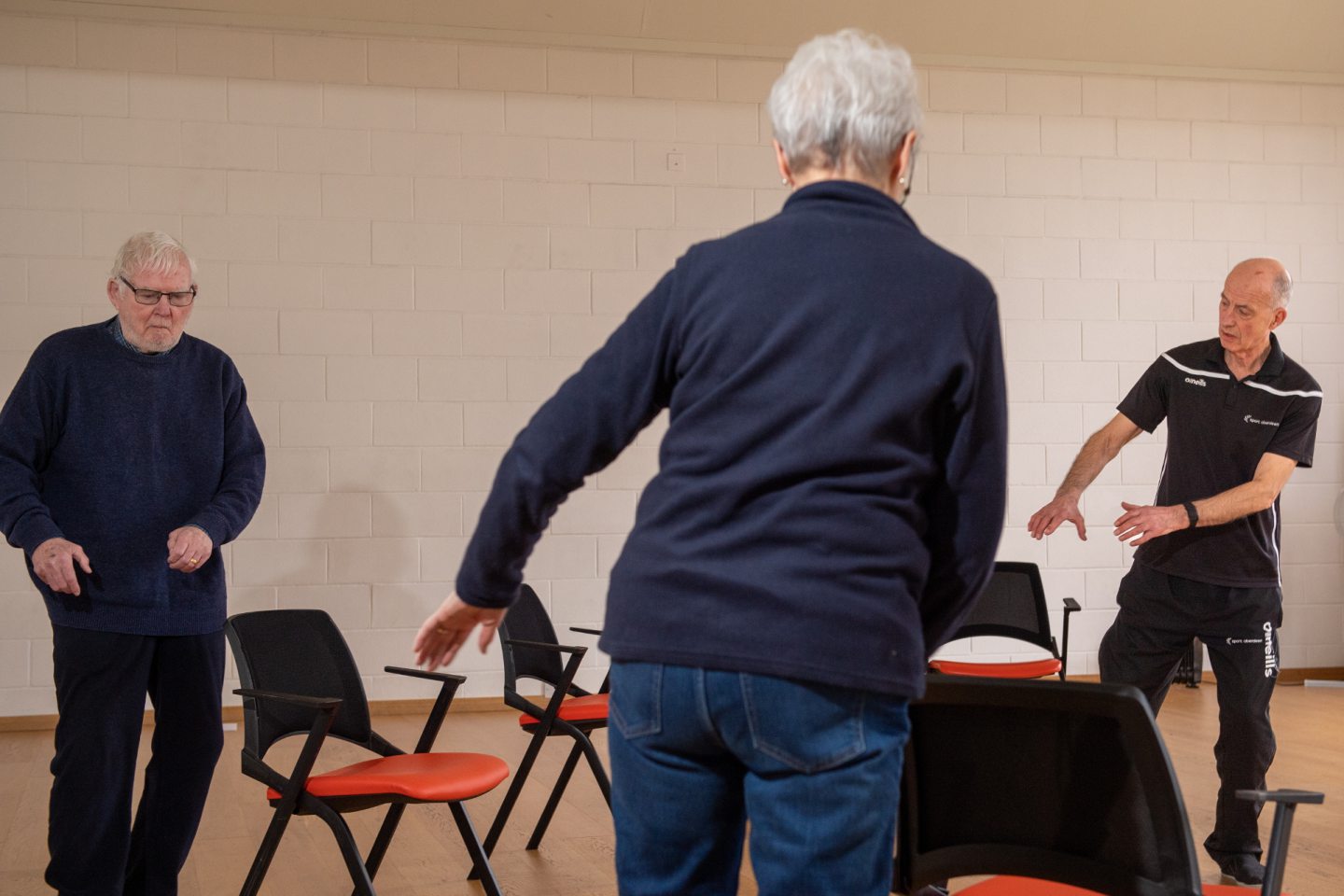
Conversation